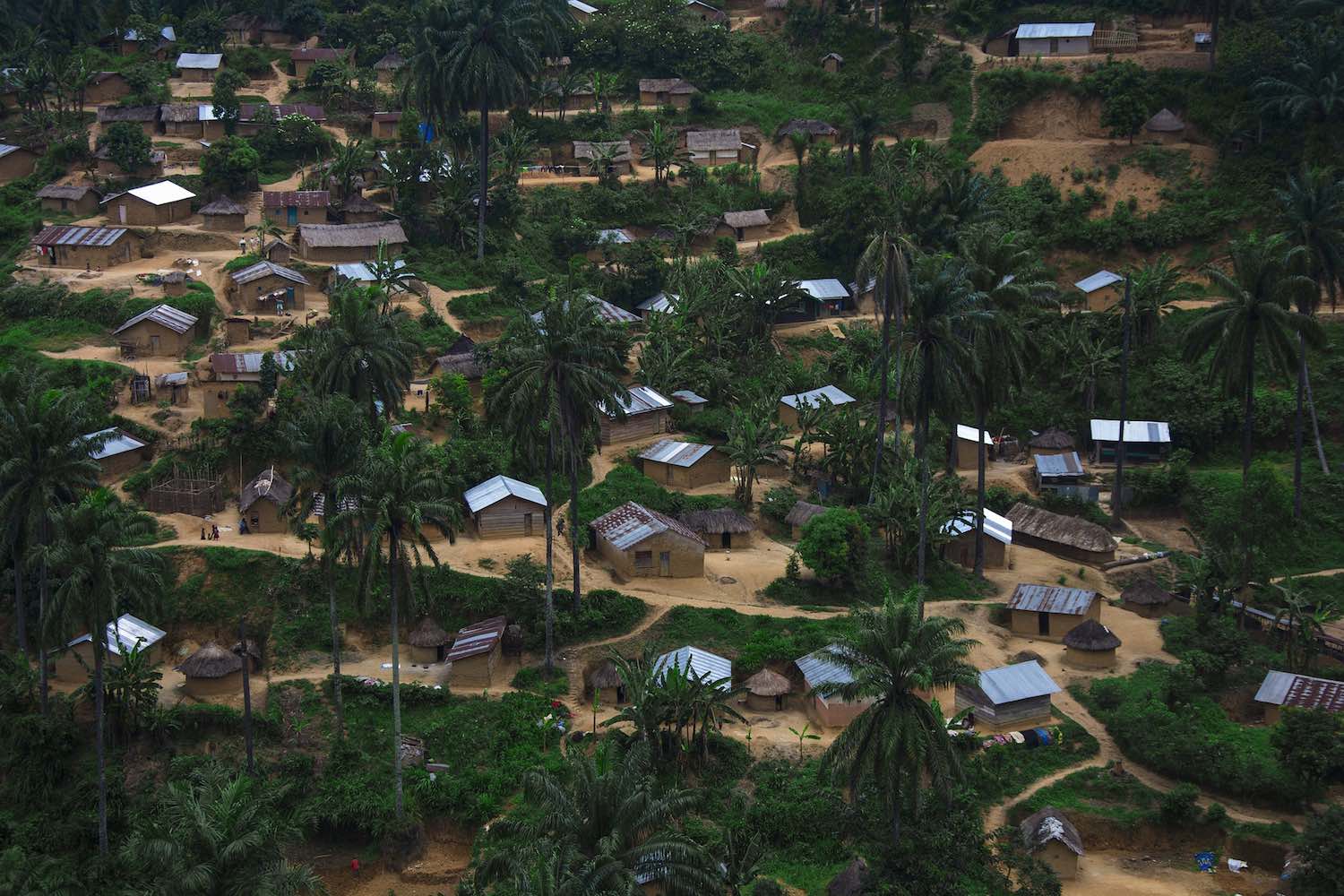More than 840 million people around the world live without electricity. “Without light, you can’t do anything,” Akinwumi Adesina, president of African Development Bank, said at an event hosted by the Rockefeller Foundation this week as part of Climate Week in New York. “Businesses can’t work, hospitals can’t work, water and sanitation can’t work. All these things that we think of as quality of life, it all revolves around energy.”
Adesina has pledged $15 billion over five years toward the Global Commission to End Energy Poverty (GCEEP), a newly launched initiative to end ‘energy poverty’ that he co-chairs alongside alongside Rockefeller Foundation’s Rajiv Shah and MIT’s Ernest Moniz. Adesina is also working with partners to raise another $50 billion. 
A significant chunk of the investment will need to come from governments, NGOs and other sources of concessionary capital. However, “there are huge opportunities for private investment,” Shah told ImpactAlpha.
Roughly 90 percent of the people living without electricity are in sub-Saharan Africa. If the current speed of connection doesn’t accelerate, 650 million people will still lack access in 2030, the deadline set by the United Nations’ Sustainable Development Goals for providing clean, affordable energy to all.
“As the president of Africa’s development bank, the only thing acceptable to me is 100 percent access to electricity,” Adesina said.
Energy Mix
That will involve working with governments and utilities to upgrade existing grids and extending service to rural areas via microgrids. It will also take a mix of energy sources, including solar, hydro, wind and, some argue, natural gas.
“A simplistic solution often can mobilize a ‘yes we can’ approach,” Shah said. “And the simple solution that I would like to propose is investment in solar mini-grids.”
The third co-chair took an all-of-the-above approach. “I certainly endorse the idea of mini-grids and a lot of solar, but solar ain’t gonna do the job,” said Moniz. In a recent Wall Street Journal op-ed, Moniz and Africa50 Infrastructure Fund CEO Alain Ebobissé argued that natural gas is critical for raising standards of living in Africa, which holds 7 percent of global reserves. “In the majority of countries in Africa, less than 25 percent of the population has access to clean cooking fuels. They instead burn wood and charcoal, which releases substantial pollution and contributes to deforestation,” they wrote.











